Conversation with Director Lukka
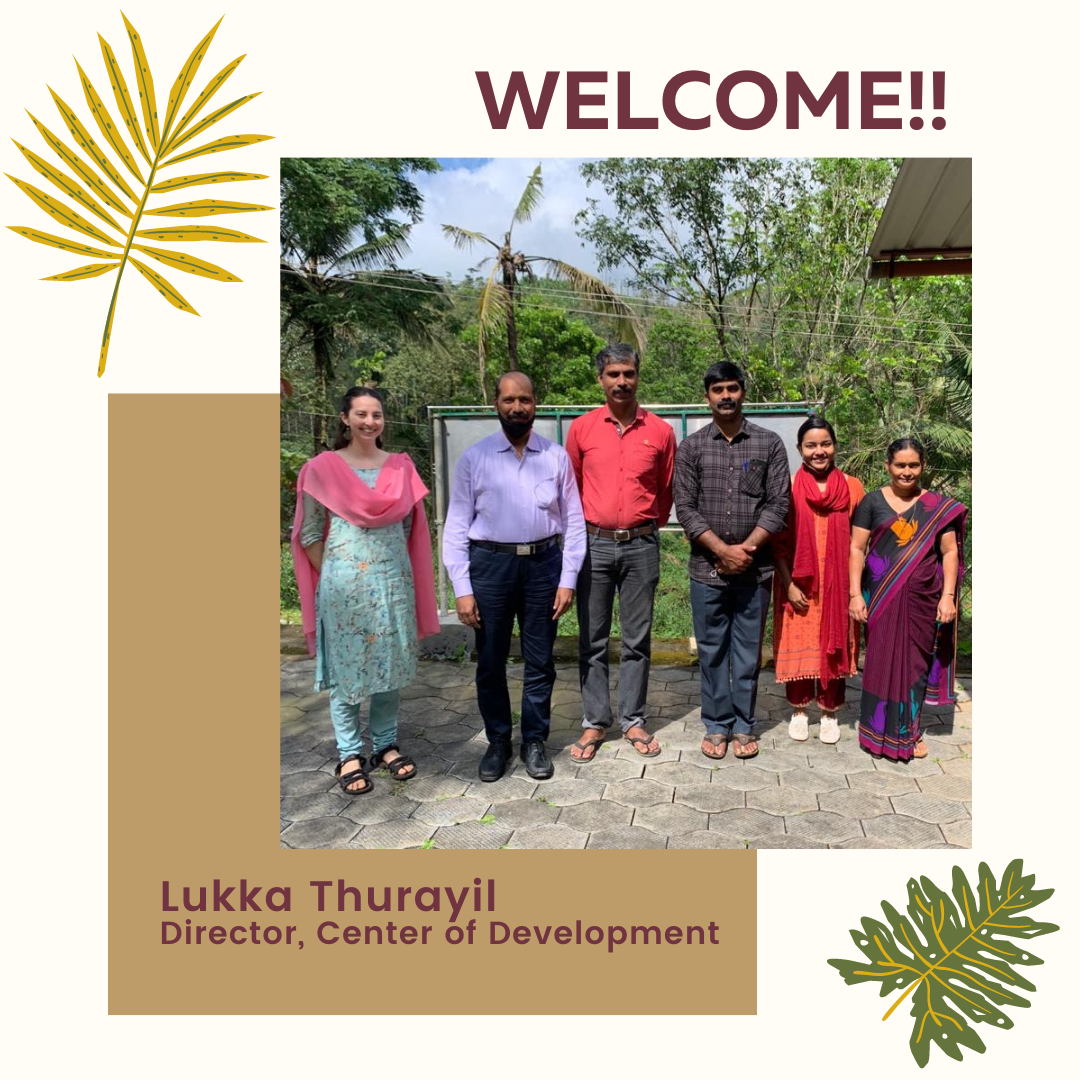
Mr. Lukka Thurayil is Profugo’s new director at the Center of Development in Wayanad, India. Below is an in-depth interview to get up close with Lukka, his personal mission and background, how and why he is involved in sustainable community development. Profugo is excited to welcome him and we look forward to renewed efforts in working with community members, local partners, and global neighbors for a better quality of life!
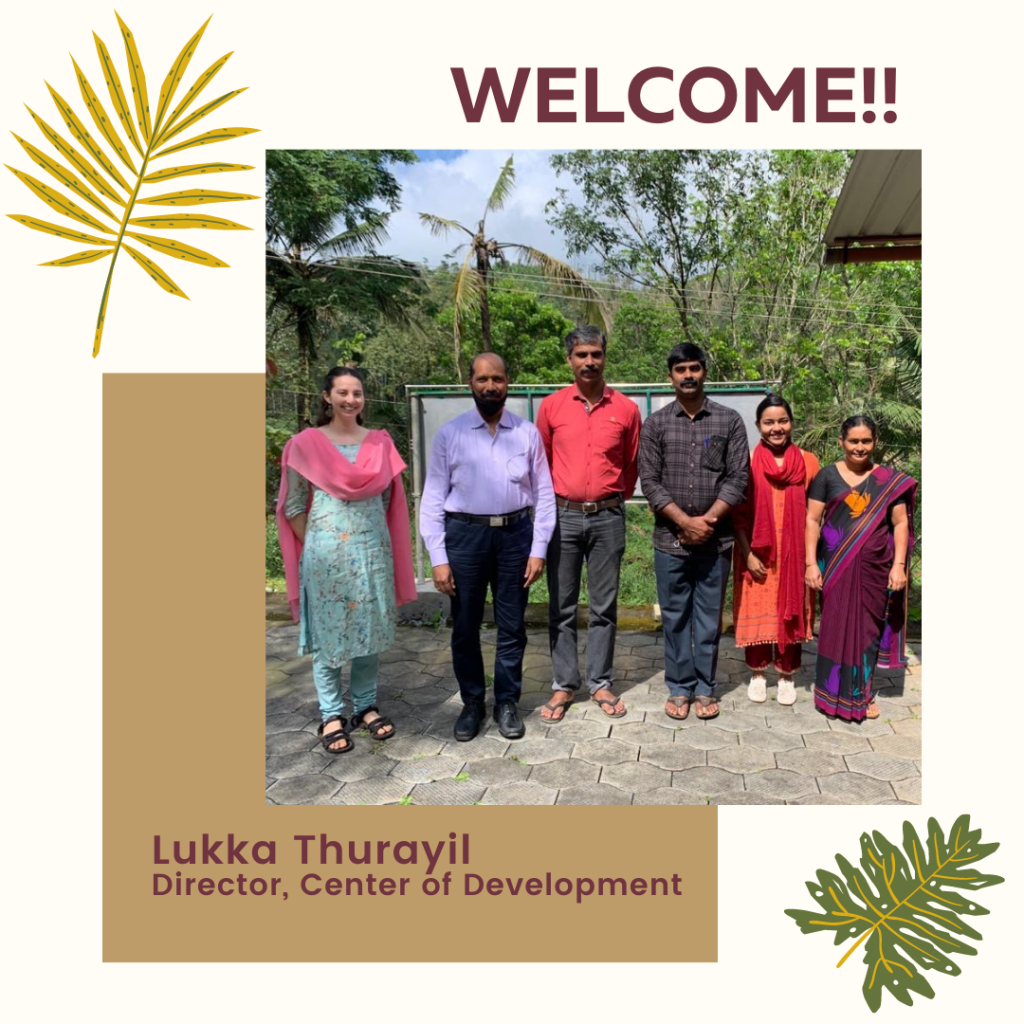
Can you give us a background of your career?
- Whilst his career has brought him to many different places and organizations, “There are two links in everything I have done. First, everything I have done is linked to development interventions. Second, I always had the orientation to remote villages throughout my career.” He says these are “two things I keep close to my heart.”
- At the beginning of his career, he immediately dove into working on rural development initiatives, ranging from natural resource management to micro-credit, which eventually became micro-finance.
- He then moved into an HIV-AIDS prevention/treatment program, then back into another micro-finance program.
- He has also worked in the sustainable energy sector.
- His latest position was in impact investment where he allocated capital for development efforts.
- He says, “I have not come into social work by coincidence or by chance, but I have deliberately selected social work as my career.”
- He is fully committed to social work, never applied to a government job, and always sought to work with NGOS and other non-profit entities.
Any inspiring anecdotes?
- He tells a story that happened in 1997, at the beginning of his career, which demonstrates his fundamental learning from the beginning.
- He was working with a tribal community where it was against their customs to take any form of medicine. He was working for an organization that was distributing TB medicine. They went around to different villages to distribute the medicine.
- As they were coming back from one of the villages, they noticed that people at one of the first villages where they distributed had thrown the medicine into the road and it had been run over by the motor traffic.
- From there, he realized they needed to come to the community and understand their customs. They identified 11 animators in the community and trained them.
- The next time they returned to this village, six months later, the people came and immediately took the medicine, swallowed it, right there at the distribution point.
- He says, “I saw the outcome of my work in front of my eyes.” “This was great learning for me. I learned how only a community member can a difference. The community has to be the frontrunners.”
- Since then, he has always been someone “who thinks about participatory approaches.”
- He champions the idea that everyone must participate, “even the oldest person in the community can come up valuable ideas and information.”
- “The community holds the keys, not us.”
- He emphasizes that if we try to impose our ideas on the community, nothing will happen.
What brought you to Profugo?
- Previously, Lukka was working in impact investing in Northeast India, for an organization based out of Bangalore. He says, “It was a glamorous job with the authority to sanction crores of money.”
- A friend who understands how he thinks saw the listing for the Profugo Organizational Leader opening and passed the position along; it was a sheer coincidence, he was not looking for another job.
- When he read about Profugo and saw the website, “I became attached to the cause.”
- “Impact investing is glamorous work, but I am most interested in walking with the community, sitting with the community, planning with the community, and working with the community.”
- “Living with the community and seeing a smile on their faces when the work is done; the joy from that feeling is immersed in my blood.”
- He appreciated Profugo’s Center for Development concept and doing development comprehensively, from every angle.
- The terms or salary was never a motivation; “the position fit exactly the views I have and my view on development.”
What do you think is a key to uniting a community for a common cause?
- He says he learned this important lesson whilst working a HIV-AIDS organization, which formed community-based organizations amongst three different populations – the MSM (men having sex with men) community, sex workers, and injecting drug users. He formed committees with these communities and engaged them in a participatory planning process, ideas were gathered from various games and exercises, group discussion, and focus groups.
- The findings were each community was interested in a different “key concept.” The MSM community was interested in having a platform to express themselves and exhibit their talents. The sex workers were interested in having alternative sources of income, as this was their reason for entering sex work. The injecting drug users were in most need of safe needle distribution.
- They identified these clear needs and priorities from the communities themselves. After building this trust and forming these community-based organizations around their needs, they were able to introduce public health practices around HIV-AIDS prevention. When they just tried to impose something on these communities, they were not interested.
- “We have to identify from the community what can bring a community together. You cannot bring something from the outside and ask them to unite around that. It has to come from the community.”
- He sees how he will apply this to the Valad area with agricultural activities, as this is critical to life here and what people naturally rally around. He feels that once we are able to set up a sustainable agriculture famer producer company with this one population, we can replicate this success elsewhere.
What advice do you have for young people interested in making a difference, especially in community development?
- “If you want to pursue the social work career, you have to be passionate about it. You cannot have time boundaries, no activity boundaries, no geographical boundaries; you have to do whatever is required for the community. Sometimes you will work for 24 hours straight and receive no compensation, but you still do it because you are excited about the work. The mantra for the social worker is be passionate and be with the community.”
- He also emphasizes the need to be flexible. “Everything you learn in social work is practical things. With social work, you have theories, but when you go with the theories, the reality will be completely different.”
- He says if you have the skills and you’re committed to this work, the rest will come along naturally.
What is your approach to leading a team?
- “To me, leadership is being the one among equals. I am one member of the team.”
- He says that as a leader it is his job to occasionally resolve controversy, but “I will not tell anyone who is a member of my team to do anything that I will not also do.”
- He believes that everyone has their own capabilities and expertise, and as a leader, “It is my role to bring everyone together to make the best effort for the community and the institution, not to be the boss. I wish to get along with the team as a friend and a guide.”
Given pronounced gender roles and the patriarchy, what is your approach to working with women?
- He mentions his friend, a World Bank consultant, who helped fine-tune his gender perspective.
- He mentions that gender and sex are social constructs and, “It’s not about men and women, it is about everyone has equal access. We must see them all as community members.”
- He says that his approach is he encourages women he works with to disagree with me. He mentions that, “It is normal in India when a man gets angry that the woman will keep mum. But I tell them (the women) that it is when they disagree and they question my authority, that is where the empowerment starts. When you give them the opportunity to disagree, this will give them the freedom.” It is his role to appreciate this dialogue and not get offended
Looking ahead to 2021, what are your goals for Profugo?
- “For the past ten or so years, we have done a great deal of background work. The base is clearly set.”
- Now he sees an opportunity to expand the base beyond the current working area (which has a population of about 10,000 individuals) into other nearby areas. “We can take what we learned and replicate it wider areas.”
- He sees sustainable agriculture as “having great potential to grow the community in a sustainable way, focusing on this key cause because people are naturally inclined to agriculture.”
- “My plan is that nothing new has to come; we have to build on the base that we have to make the community stand on its own, then expand that into nearby areas. We work with a population of 10,000, but there is another 1 lakh population looking at us and we can say, ‘You can join us.’”
- “In short, the focus is to consolidate, put a structure and design, and expand on sustainable agriculture, sustainable tourism, social enterprise incubation, and bringing an EYES, envisioning the youth for empowering the society.”
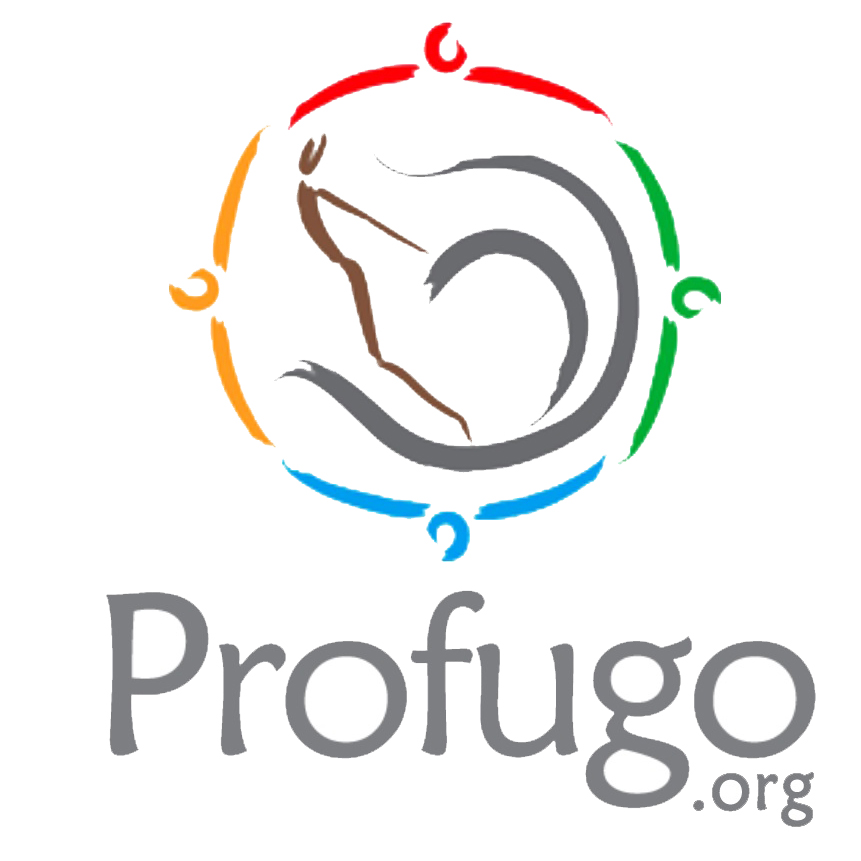
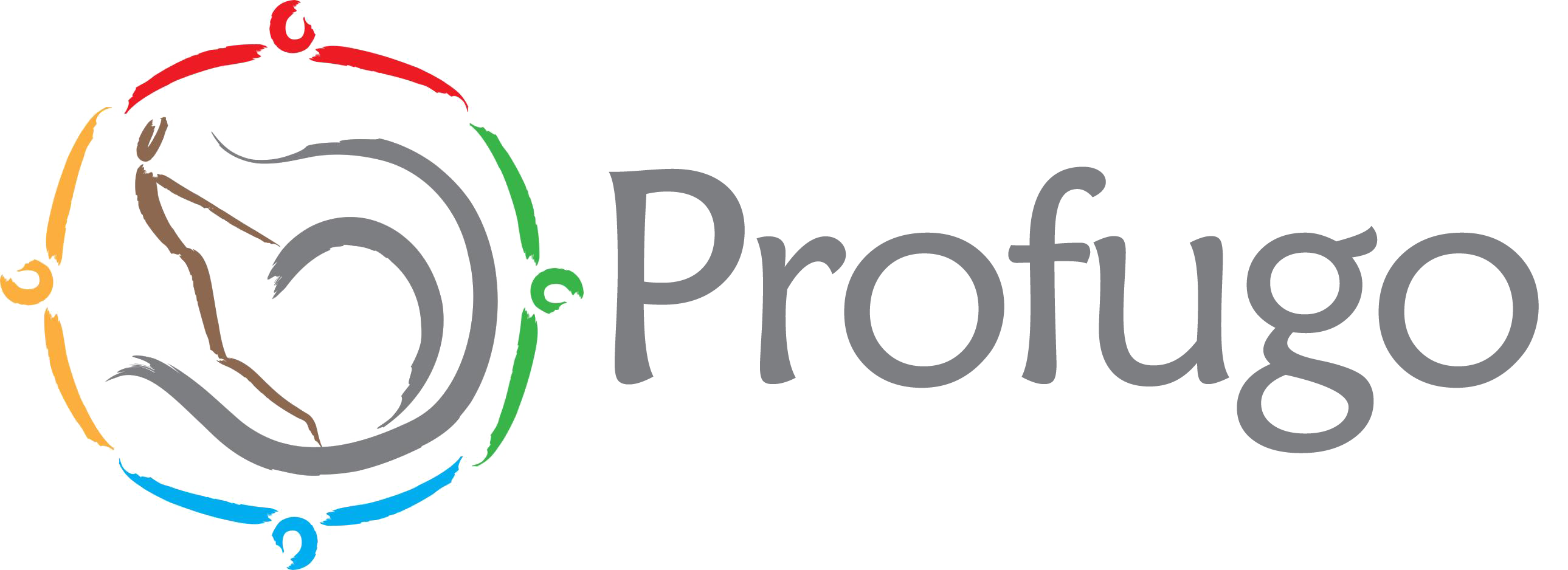

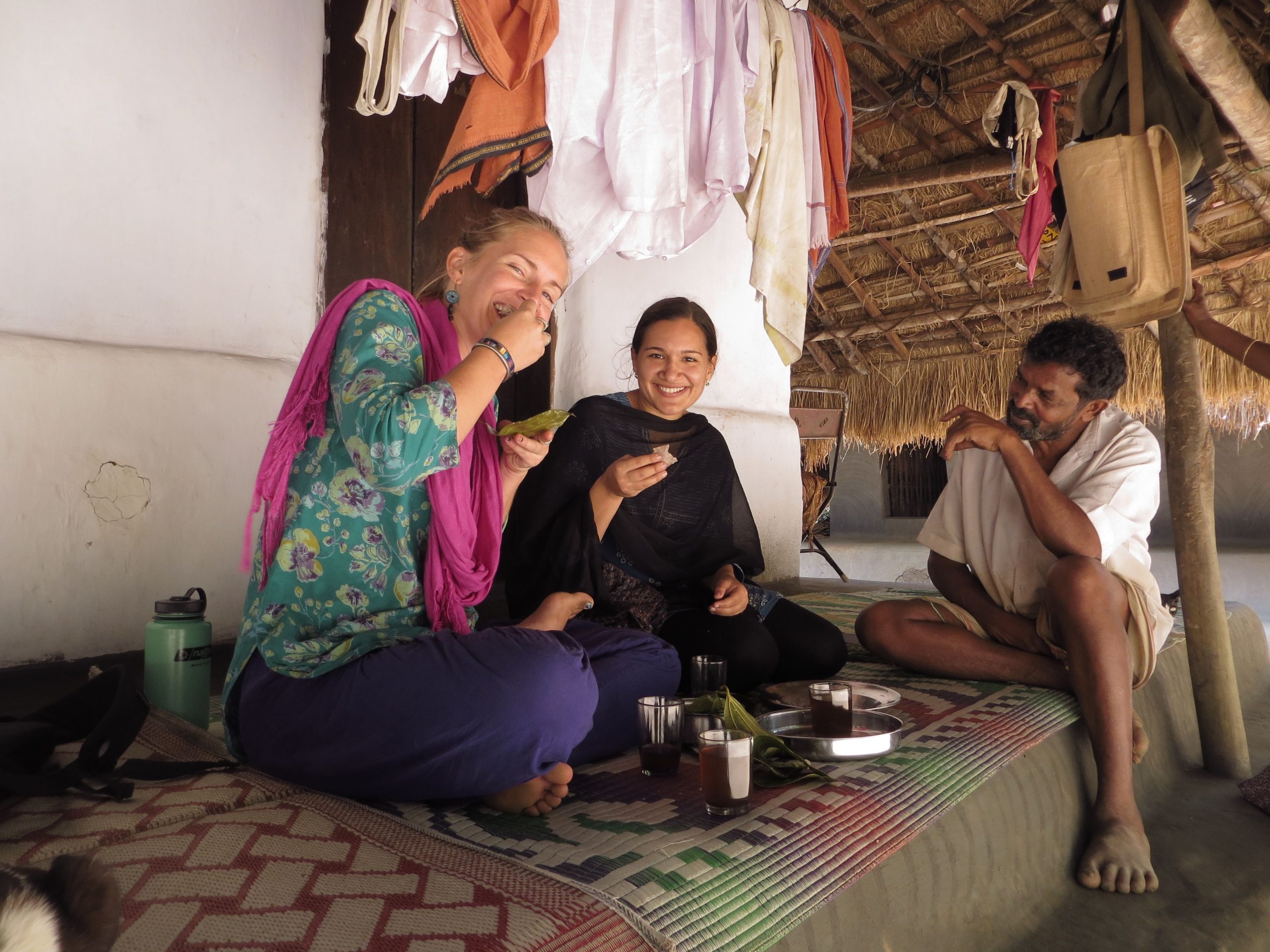
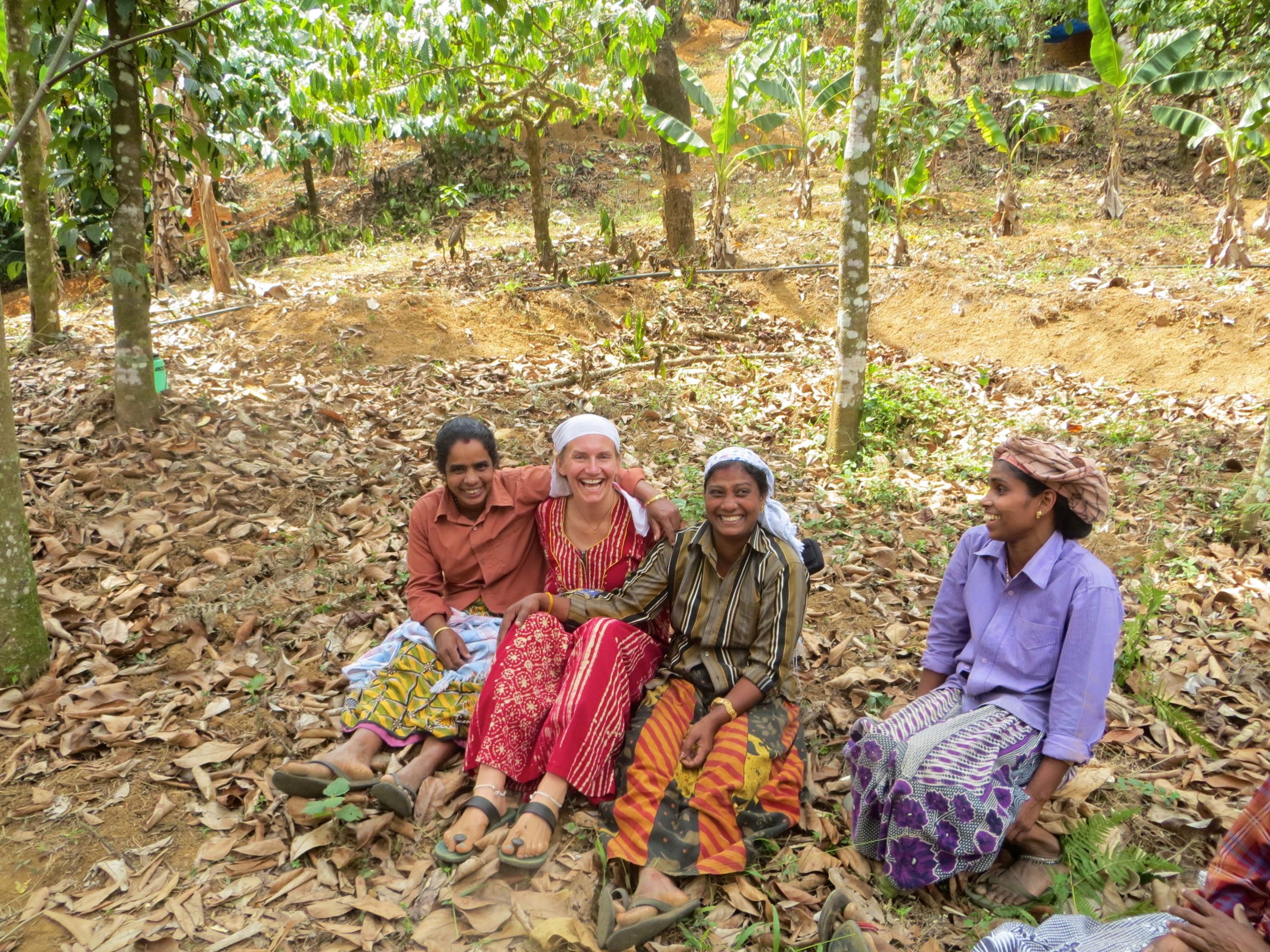
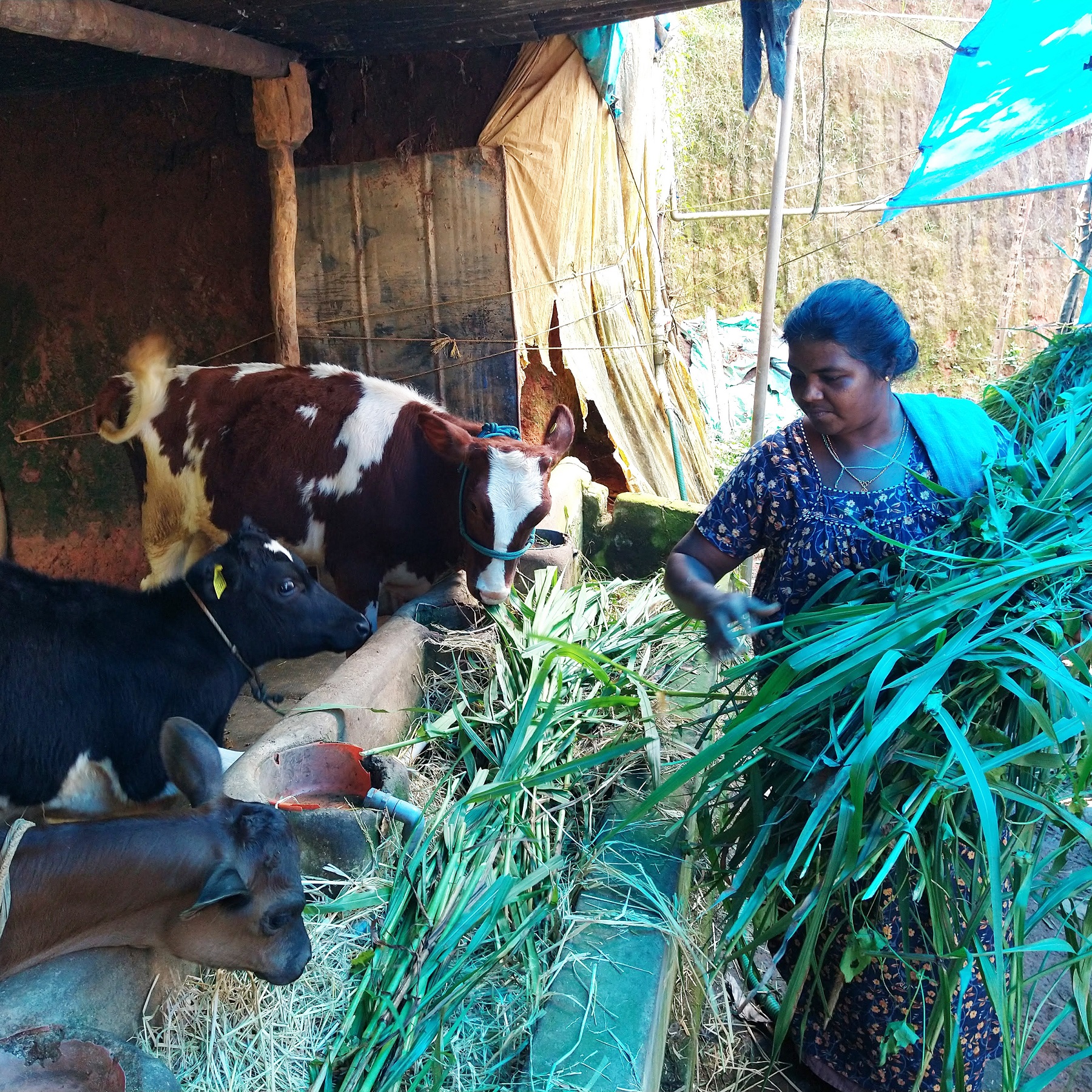
Leave a Reply
You must be logged in to post a comment.